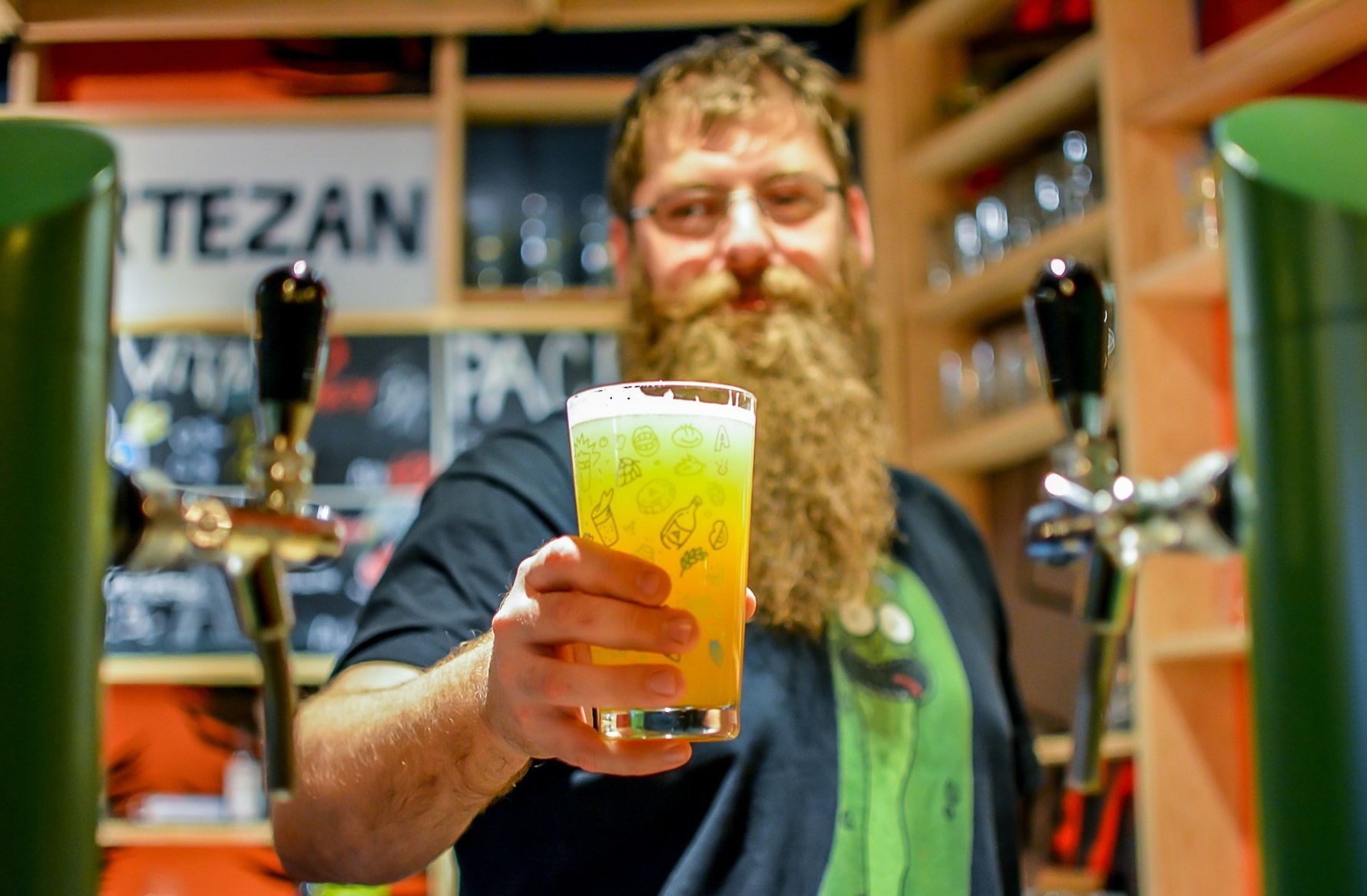
So what’s the fuss all about? Less think and more drink. Go check out the three-story Cuda na Kiju, which holds the honourable title of having been the first multi-tap bar in Warsaw. Saunter up to their swanky 16-tap bar and partake in a brew or two. If this doesn’t convince you, head over to the laid-back Kufle i Kapsle and grab a savory snack with all the latest pimped-out porters to arrive from the provinces. Still not a convert? The same street has two other class places to try out, the fantastically named Jabeerwocky and the wonderful Drugie Dno. Wander further along the Royal Route to find Piw Paw and stand in awe of their 57 taps and over 200 bottles - 90% of which are all Polish! Nearby, heading back to the centre, The Taps stands as a reminder of what was once Warsaw's main party street on ul. Sienkiewicza. If multi-tap bars selling the country's top craft beers and ales is not enough, then head to Artezan Craft Beers Pub, which actually sells its own made brews - one of the first microbreweries in Poland!
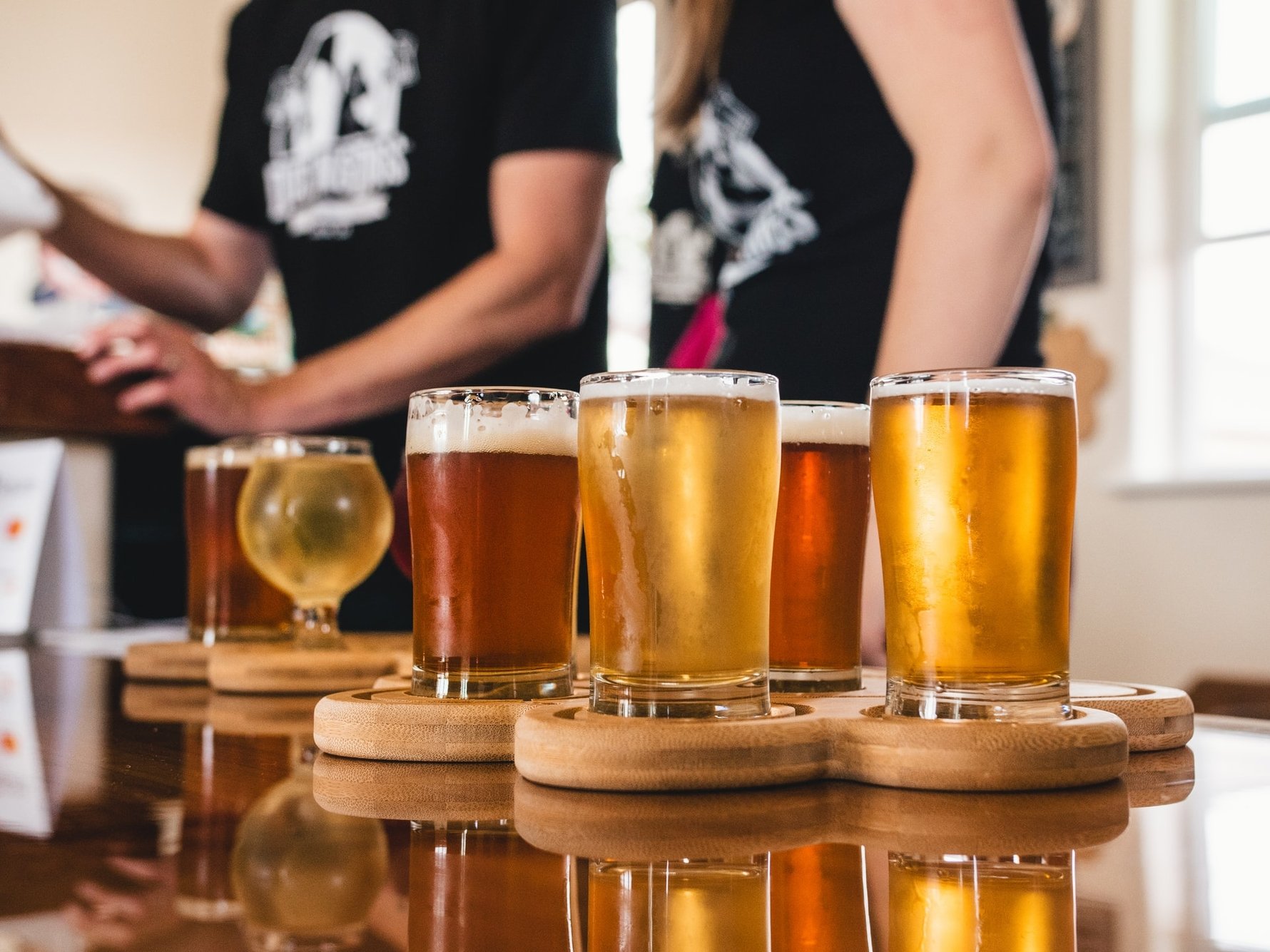
Names of award-winning Polish breweries such as Ale Browar, Pinta, Kormoran, Artezan, Pracownia Piwa, Ursa and Ciechan are just some of the names to crowd the taps and fill the fridges of these multi-tap bars. Much of the beers brewed by these young upstarts are inspired by Belgian, British, Czech and American pale ales, wheat beers and stouts. However, many are also producing uniquely Polish beers made from locally sourced ingredients and, in some cases, they are reviving centuries-old recipes.
Despite Poland’s reputation as being a historically vodka-based life-form, it also has a fabled history of craft brewing that dates as far back as the 13th century. For centuries, however, beer in Poland was exclusively consumed within a hoppy horse ride of where it was brewed. It wasn’t until the Industrial Revolution that Polish breweries started to ship domestically in larger quantities. This is when breweries like Żywiec and Tyskie grew to prominence and thrived in the golden age of the Austro-Hungarian empire. The increased dominance of these massive breweries forced many of the smaller breweries out of business and by the end of WWII most had closed or been destroyed.
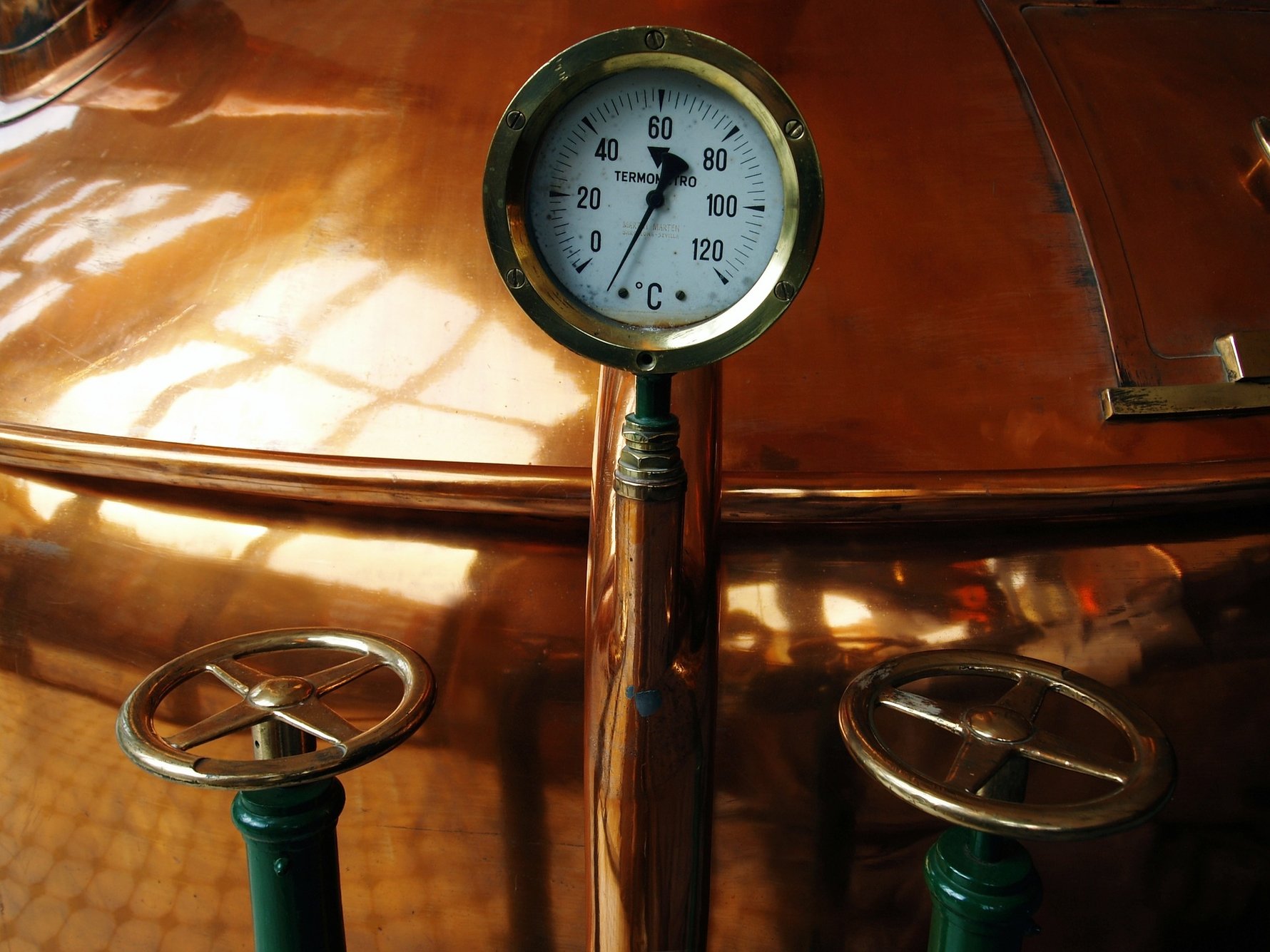
With the nationalisation of Polish breweries during Communism, Polish beer became bland and expensive. Cheap vodka was the only thing readily available so the collective Polish palate was dulled into submission until Solidarity started taking to the streets. With the 90s and independence came the return to prominence of the pre-war piwo juggernauts Żywiec, Tyskie and a handful of other imposters (Warka, Okocim, Tatra). These national brands dominated the Polish beer landscape for the better part of two decades and one by one were bought up by huge international beer conglomerates and subsequently only got worse and worse...
It’s hard to say when the tide began to turn. Micro-breweries slowly came out of the woodwork in the ’90s and have grown steadily over the last two decades. In Warsaw, one brand, in particular, is associated with Warsaw’s micro-brewed revolution: Ciechan. This small brewery from a small town an hour north of Warsaw embodies the long, rich, troubled, tragic and ultimately triumphant story of Polish micro-brews. Craft brewing in this town dates back to the 13th century and the brewery itself began brewing in the middle of the 19th century. After being ransacked in WWI it hung on by a thread during WWII (and even helped the home cause) only to be heavily subjugated by strict controls during Communism. In the 90’s the brewery emerged fully modernised and ready to fill the glasses of the newly freed market. Ciechan focused on technology and on developing unique beers, different to everything else on the Polish market.
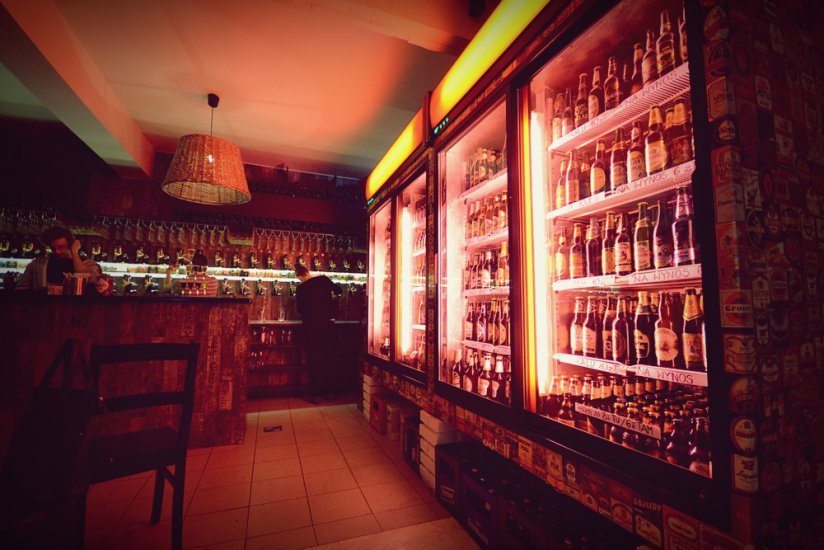
Year by year they increased production and introduced new beers. Slowly but surely their craft beers started showing up in Warsaw pubs in the early 2000s. In 2004 they launched their now-signature honey beer (Ciechan Miodowe) which solidified the brewery's cult status and the bohemian bars of Praga (W Oparach Absurdu etc.) began stocking their fridges and filling their taps with Ciechan brews. Soon the beer could be found in every bar, cafe, club, restaurant, alcohol shop and even mini-mart.
Ciechan quickly had company and now there is a veritable deluge of delicious craft brews literally pouring into the capital on a daily basis. Dynamic and stylish multi-tap craft beer bars and brewpubs are now a staple of Warsaw's bar scene, much to the elation of the masses. It seemed the days of the Żywiec-Tyskie industrial complex were officially over, but as we're still in the midst of the golden age of Polish micro-brewing, and now they too have delved into their own varieties of wheat beers, ales and stouts... Appreciate this era, so get out there and enjoy some top-quality brews!



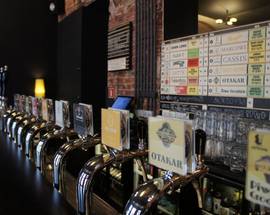


Comments